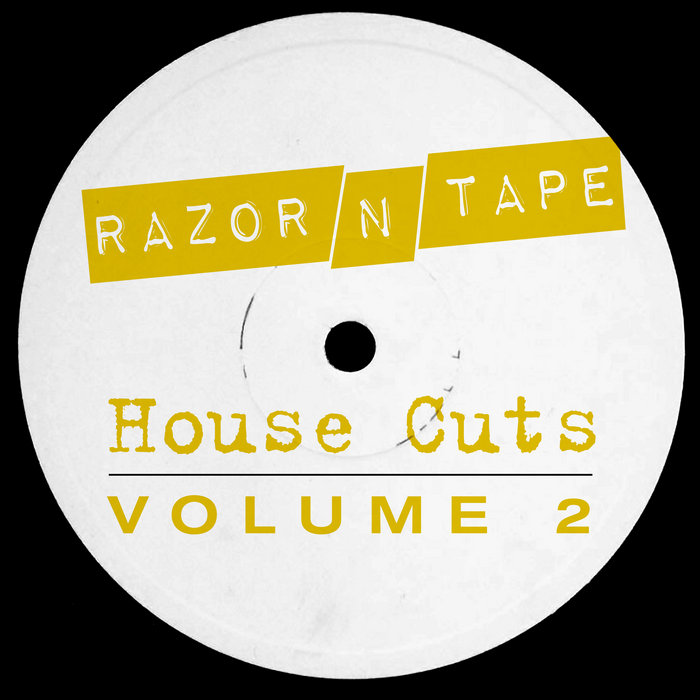
Eunice – Razor-N-Tape
this blog is GROOVY – check out great Soul, Funk, Jazz, Hip Hop, Bass, Breaks , Reggae, House n many more TUNES
Welcome, fellow groovers! 🎶 Today, we’re diving into the colorful and quirky history of a genre that’s as enchanting as it is unpredictable—free magic music. Now, before you start picturing wizards jamming on enchanted flutes or witches rocking out with electric brooms, let’s set the stage for this unique sound.
Free magic isn’t just about conjuring spells; it’s about freeing sounds from the shackles of traditional genres. It mixes jazz improvisation with avant-garde elements and combines spontaneous creativity with a dash of whimsy. Think crazy solos that pop up like rabbits from hats!
The seeds of free magic were planted back in the late 20th century when musicians started rebelling against structured forms. Influenced by free jazz pioneers like Ornette Coleman and John Coltrane, artists began to experiment more openly. These innovators pushed boundaries, opting for collective improvisation rather than sticking to tight arrangements.
As years rolled on, folks in Europe picked up these vibes too! Experimentalists like Karlheinz Stockhausen brought electronic elements into play. And voilà! Enter free magic—a genre where anything can happen!
Ahh, the 1970s! This was a decade bursting at its seams with artistic expression—and some downright hilarious moments behind the scenes.
One legendary group during this time was Sun Ra Arkestra led by Sun Ra himself (who believed he hailed from Saturn). Legend has it that he once showed up to a gig dressed as an Egyptian pharaoh but forgot his instrument. So instead of performing his usual space jazz tunes, he had fans join him in an impromptu dance-off while he beatboxed celestial rhythms! Talk about losing your “sound” mid-performance!
Frank Zappa, known for blending rock with orchestral music and satire galore—even dabbled in free magic sounds at times; who can forget his famous quote? “Without deviation from the norm, progress is not possible.” He probably would have said something similar if asked why he wore those goofy outfits on stage!
Then there was Don Cherry, whose trumpet truly shouted freedom louder than any other horn around—that guy could make even silence seem alive.
As we cruised deeper into the ’80s and ’90s, things got funky—in every sense of the word! Genres collided like bumper cars at a carnival—hip-hop sampled what they liked while punk broke all rules set before them.
During this era emerged bands such as The Residents, masters of anonymity who wore eyeball masks—a perfect fit for our theme today! They released albums filled with surreal sounds that felt both pleasingly bizarre yet strangely familiar—as if you’ve wandered into another dimension where jellybeans sing opera!
And here’s one funny tidbit: One time their album cover featured artwork so confusing that record executives mistook it for packaging instructions for furniture assembly…and tried charging extra after realizing they were wrong!
In addition to kooky characters came collaborations beyond belief—imagine seeing performers such as Björk teaming up spontaneously live—and don’t forget her delightful eccentricities either (like wearing swan-dresses) because she embodies free spirit itself!
Speaking of odd pairings…how about Dinosaur Jr.’s J Mascis hanging out backstage trading riffs with saxophonist Lora Logic? Their chat turned musical until somebody accidentally spilled coffee onto their setup which created electric sparks—no joke—the sound artist ended saying “That’ll be my next track!” See? Even accidents become art sometimes…
Fast forward to today—you’ll find DJs blending mystical beats along with atmospheric soundscapes made explicitly designed for mind-expanding experiences (think festival vibes!). Artists now mix everything under sun—from ambient waves blended using field recordings—to jam sessions incorporating unusual instruments ranging anywhere between didgeridoos right through synthesizers cranked way past eleven…talk about sonic mayhem worthy only within imaginary realms governed solely by music lovers alike!
But wait…there’s more hilarity lurking beneath shimmering melodies even now:
Ever heard tales surrounding ephemeral collaborations? Like how bandmates often steal each other’s snacks mid-session?! Seriously; artists usually live off ramen noodles yet still battle over (insert favorite late-night treat).
Last but not least—we’ve gotta mention social media mishaps involving virtual concerts gone awry where someone’s cat strolls nonchalantly across livestreaming performances without giving one single care… Hello internet fame because that’s just pure magic right there!
Lastly let’s end on this note—the ultimate musician mantra has never changed despite all craziness involved:”Be yourself unless you can be random–then always opt-in!”
So folks there ya have it—the whimsical world surrounding free magic music explodes joyfully amidst unpredictability mixed shamelessly together showcasing vibrancy straight down through chords strummed softly alongside laughter erupting aloud—it reminds us exactly why we fell head-over-heels lost inside soulful grooves.
Now go forth spread good vibes!, partake enthusiastically within peculiar magical gatherings near someday soon enough cause life really doesn’t require pompous rules—not when creativity shocks endlessly ablaze singing songs instead making memories flourish beautifully wild without restrictions whatsoever—in essence embracing true sweetness every harmonic breath taken ✌️💖🎉

Eunice – Razor-N-Tape